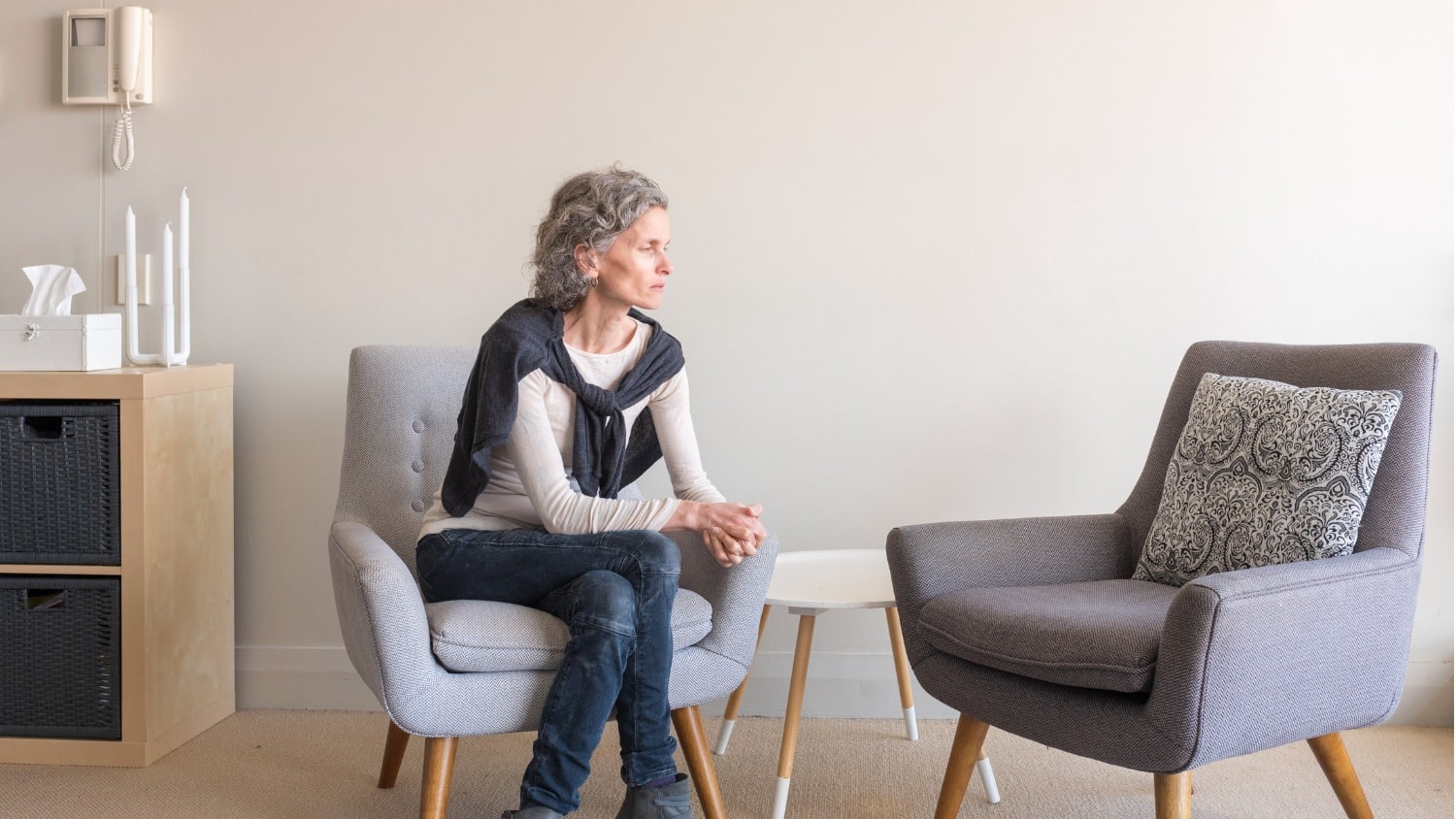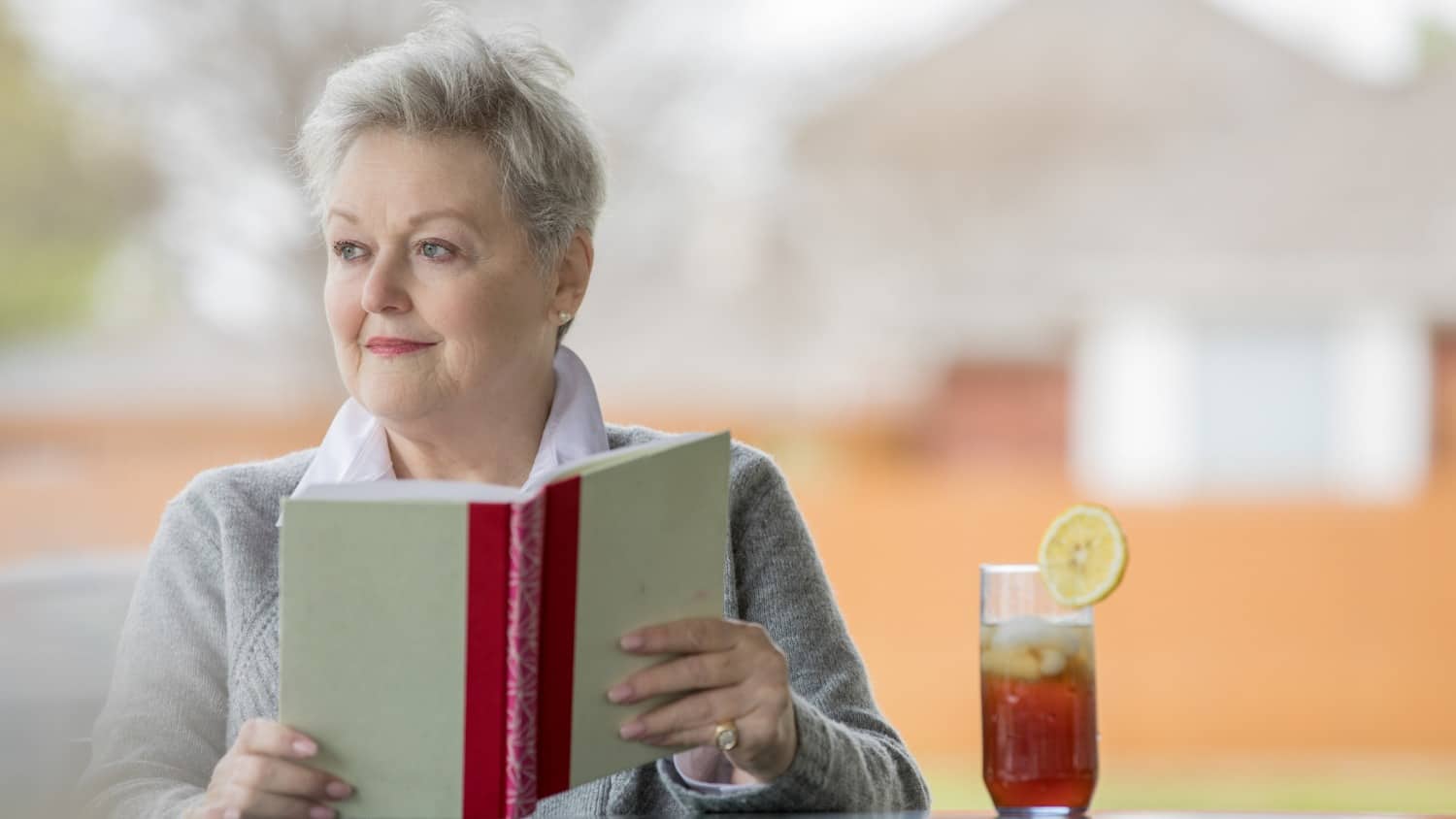
How to Cope with the Suicide of a Loved One
Although suicide isn’t a subject most of us like to talk about, the fact is that September is National Suicide Prevention Month. Suicide is an issue that has been occupying my mind for more than five decades. It all began when I was 10 years old and my grandmother took her life in my childhood home – her bedroom was next to mine, and I’m the one who found her.
How Can We Know?
Ironically, my grandmother took her life on Labor Day weekend in 1964. She was caring for me when my immigrant parents went to work. Although her death certificate never specifically stated suicide, it did say that she died from an overdose of sleeping pills.
I suppose I’ll never know the whole truth, but what I did learn after reading her diary years later was that she’d been depressed prior to taking her life. Unfortunately, depression, other forms of mental illness, and substance abuse are common precursors to suicide.
Back in the 1960s, there was little talk or awareness about the warning signs of suicide. Today, there’s a push to raise public awareness about the topic, and also to connect survivors with postintervention services.
In pre-Covid-19 times, there was a large national event held in cities across America called The Out of Darkness Walk, which was a fundraiser geared to suicide awareness. My hope is that it will return in the years to come.
Writing Helped Me Cope
When my grandmother died, my mother gave me a journal so I could write down my feelings. I discovered at an early age that writing helped with the healing process. Children tend to be quite resilient, but as I grew older and when I found my grandmother’s diary, I had many questions about why she took her life.
In fact, I began to miss her more and more the older I got. I was so sad that she was never able to share my growing-up years with me. However, I was grateful for all the time I did get to spend with her, and for everything she taught me.
She encouraged me to follow my passions, always dress nice, and take the high road. I can only imagine what other lessons she would have imparted to me. To help me further understand her life and death, and to honor her, I wrote my first memoir, Regina’s Closet: Finding My Grandmother’s Secret Journal.
Other Tools to Heal from Loss Due to Suicide
If you’ve had a friend or loved one who committed suicide – whether you feel the agony of guilt or not – there’s no doubt that you’ll need certain tools to help you heal from this type of loss. Here are some that might offer you comfort:
Try to Live in the Present Moment
Accept what happened, and trust that with time, everything will fall into place. Do mindful meditation and relaxation exercises, which include deep breathing. This is especially important in the early-morning hours and before going to bed at night.
Seek Support
Speak to friends, family members, therapists, or spiritual advisers. The more you reach out for assistance, the easier it will be to heal. Many people use social media as a support system, as it helps them feel encircled by the thoughts of caring individuals. Be in the company of those who make you feel better rather than those who bring you down.
Write Down Your Thoughts
There’s nothing like journaling to allow your feelings to flow. You might also consider writing a letter to the deceased loved one, expressing what you feel.
Engage in Fun or Relaxing Activities
Consider doing whatever distracts you – whether it’s being in nature, going to a movie, getting a spa treatment, reading your favorite book, writing letters, or participating in an athletic activity. Follow your heart.
Practice Self-Care
This means being mindful of what makes you feel good, but it’s also about eating balanced meals and being sure you get enough exercise.
Be Patient with Yourself and Others
Healing from grief takes time. It’s important to cry when you feel like crying, and sitting and contemplating when you feel like contemplating. As time goes on, you’ll develop a greater sense of peace and acceptance.
Remember, no one is an island. When we’re experiencing deep emotional pain, we must reach out and seek the help of those who are able to be our guiding lights.
Have you experienced the loss of a loved one due to suicide? What were your initial thoughts? How did you cope with the loss? What tools helped you the most?






